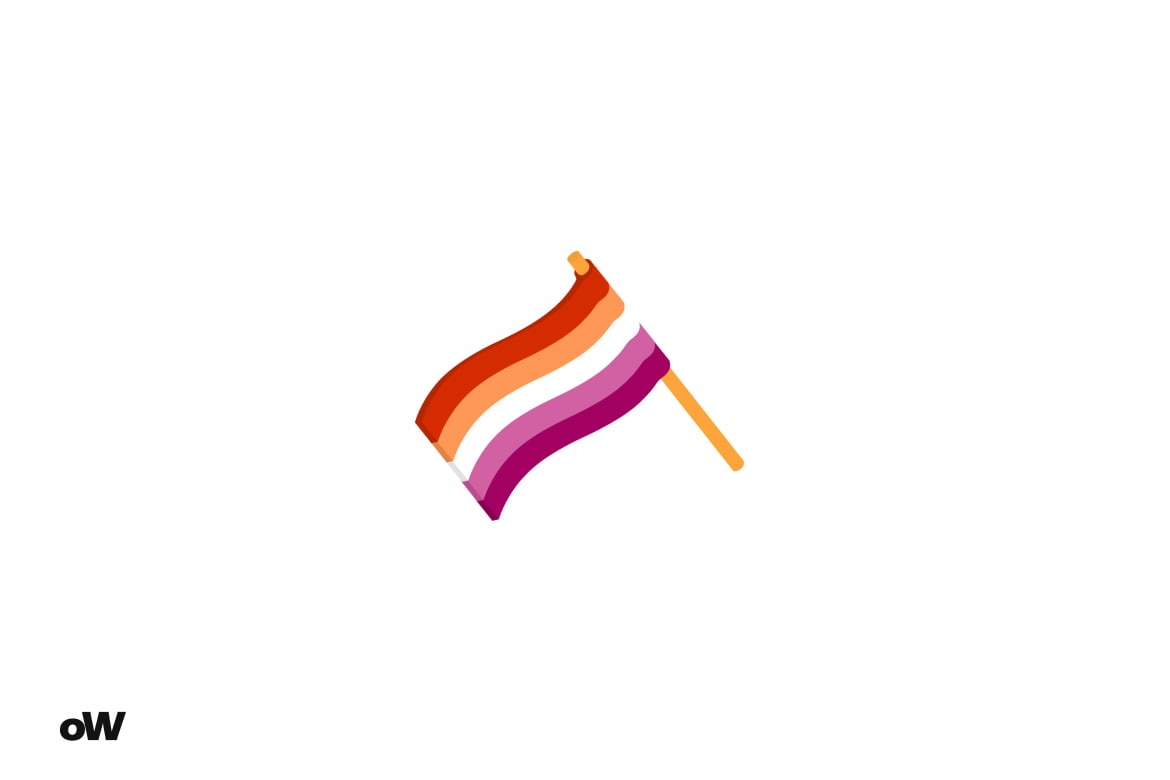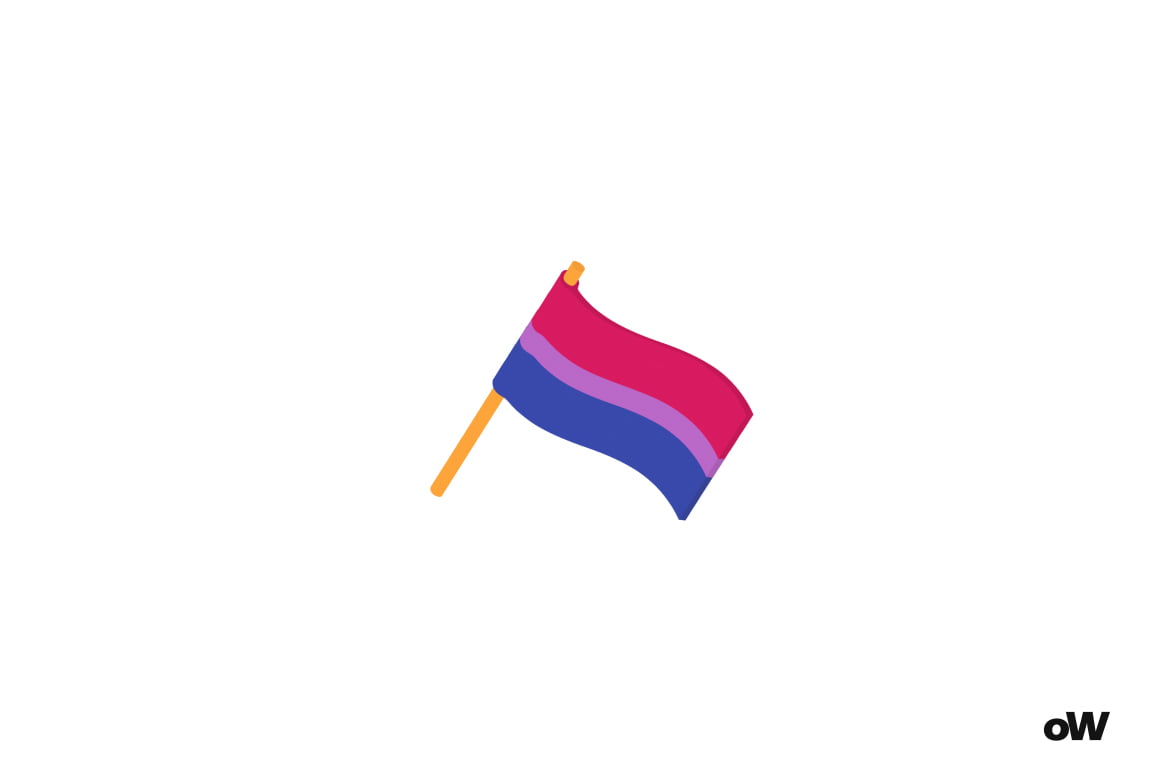Am I Agender Quiz: Neither Here Nor There?

Recently, there has been a growing term called agender, which refers to the absence of gender identity. It means that a person does not identify with any gender – male or female. If you are increasingly questioning your gender identity, taking an agender quiz can help you understand this issue.
Agenders can identify with both male and female genders or remain intersex. Some individuals ascribe to gender-neutral behavior. Let’s explore this in more detail.
Who is Agender?
Before taking the agender quiz and understanding the concept of agender, it is important to understand the term “gender.” It refers to the social construct that determines a person’s behavior in society. Society may perceive this behavior differently. There are commonly accepted norms of male and female behavior that have developed over the years, and deviating from a person’s behavior can be seen as going beyond prescribed limits.
The agender test includes questions about how social norms influence the formation of your gender behavior and what factors influence your biological sex.
The concept of biological and gender sex may have differences. Biological sex is manifested by such features as:
- Physiological body constitution;
- Hormonal peculiarities;
- Biological sex is formed by genetic and inherited programs.
The manifestations of gender sex include:
- A person’s behavior in society depending on their gender.
- Gender sex is formed under the influence of social norms.
To better understand the differences between biological and gender sex, take the agender quiz. This will help you realize that gender is not only related to biological characteristics, but also depends on socio-cultural factors such as societal norms and expectations. Now let’s move on to the concept of agender.
Agender is a behavior of a person that goes beyond social norms.
Agender can be interpreted differently. Most often, this concept means a lack of gender identity with neither female nor male gender. Alternatively, agender people may identify with both genders at once. By taking the agender test, you will gain a deeper understanding of the differences between transgender and agender. These concepts are often compared to each other, but representatives of this direction do not identify themselves as transgender because they do not seek to change their gender, do not feel discomfort in their body, do not experience distress from their gender identity and existing gender.
The Difference Between Agender and Non-binary Identities
Non-binary gender identity is an umbrella term that includes any gender or gender expression that falls outside the gender binary. The term can be applied to people who identify with a gender that falls outside the binary, but without a specific definition. Therefore, an agender person also falls under the definition of non-binary identity.

By answering all the questions in the agender quiz, you can find out to what extent you relate to non-binary forms of gender identity.
Non-binary identity includes other concepts related to gender identity beyond agender. That is, it is a collective term. Often, non-binary identity is called queer in slang. Queer is a collective term for gender and sexual minorities.
Gender identity goes against sexual orientation and biological sex. This is personal self-perception and the transmission of one’s own “I” to the world. Agenders are not averse to sexual attraction and can also be asexual, just like cisgender people.
How to Understand That You Are Agender?
Another term for agender identity that can be heard in reference to some people is gender neutrality. Representatives of this concept are not interested in their gender identity.
Here are the main features of agender identity that were used to create this agender quiz:
- Such people try to avoid places where there is a clear distinction based on gender, such as prayer houses, public restrooms, or fitting rooms.
- Their appearance is androgynous, meaning that strangers cannot tell at first glance whether they are a girl or a boy.
- Agender individuals may develop gender dysphoria in childhood, meaning that girls may want their bodies to develop like boys, and vice versa.
- Agender people have a desire to reject their gender, but they also do not want to transition to another gender.
- When they become adults, agender individuals typically strive to change their name to a neutral one, and the most active representatives advocate for the removal of the “gender” field in documents altogether.
- Agender individuals do not care whether they are referred to with masculine or feminine pronouns.
In addition to these characteristics, there are many others that were also considered in the agender test, such as what sexual preferences agender individuals have, what types of clothing they prefer, what beliefs and values are associated with their gender identity, and so on.
How Can This Agender Quiz Help?
An agender quiz can be a valuable experience for those seeking a deeper understanding of their identity. The quiz can help you gain a new perspective on your life and better understand how you relate to gender identities.
It Can Help You Better Understand Yourself
By taking this quiz, you can learn more about yourself and your identity. It can help you determine how agender aligns with your life practice.
It Allows You to Learn More About Gender Identities
By taking the agender quiz, you can learn more about gender identities in general, not just agender. You will learn about the different gender identities and how they can manifest in life.
It Supports Self-Awareness and Self-Development
By taking the quiz and learning about the concept of agender, you may feel more confident in your feelings and desires. As a result, you can begin to express yourself and your identity more freely in life.
It Connects You With the Community
By taking this agender quiz, you can learn that there are many other people who also identify themselves this way. This can help you feel part of a community and find support.
It Draws Attention to the Importance of Understanding Gender Identities
Spreading this agender test and discussing gender identities in general can help draw attention to the importance of understanding different identities as well as respecting diversity.
However, it is important to understand that the agender quiz is not the only way to explore your gender identity. It is just one of many tools that can help you better understand yourself.
Approach this test with an open mind and learn from the experiences of others. Do not be afraid to seek answers to your questions and continue exploring this topic.
Challenges Faced by Agender Individuals
In society, there is a constant struggle between cisgender individuals, whose gender identity matches the sex assigned at birth, and agender individuals. The first group exerts constant social pressure on “nonconformists.” This is especially manifested in the form of bullying in educational institutions or at work.
Agender individuals often hear phrases from those around them such as:
- Look at yourself, you look like a girl (or don’t look like a girl)
- Don’t grow your hair, or you’ll stop looking like a boy
- I gave birth to you as a girl, but you look like a boy
Pressures are not only observed from surrounding people – classmates, colleagues, etc., but also from parents. Fathers in particular press their sons, not understanding their child’s behavior and considering it almost a crime.
The only advantage of this state is that a person at least knows what to call themselves after taking the agender quiz, reading books, and learning the terminology. They can attribute themselves to the pronoun that they feel represents them. Nowadays, society talks more and more about agenderism and consider it a natural state of being, demanding respect towards it.

Effect of Age
Scientists note that agender identity can be a transient phenomenon. For example, a person may begin to feel somewhere between male and female in their conscious age or even in middle age. Some individuals began to feel their agender identity during their socialization at an early age.
Some say that this is a manifestation of the Anime culture trend in Japan, which is characterized by the femininity of boys and the androgyny of girls. There is some truth to this. Indeed, some cisgender individuals, paying tribute to fashion, choose an agender style in clothing and appearance.
Conclusion
We hope that this agender quiz was valuable for you and helped expand your knowledge in the field of gender identities, as well as better understand what it means to be agender. Society is constantly changing and evolving, and we must respect and accept all forms of self-expression. Each of us has the right to our unique identity, regardless of how well it conforms to stereotypes and norms.
Questions Overview
- All pronouns feel equally unsuitable
- I prefer they/them, but sometimes accept others
- Some pronouns feel more right than others
- Certain pronouns feel natural
- Feel discomfort from having to choose
- Prefer gender-neutral options
- Sometimes experience awkwardness
- Don't experience discomfort
- It's a completely meaningless concept to me
- I try to avoid any gender expectations
- Some roles feel natural
- I understand and accept these roles
- Always look for the most neutral option
- Experiment with different options
- Sometimes choose a specific gender
- Consistently choose one gender
- This question has no meaning for me
- Hard to answer, rather neither
- Partially relate to one option
- Can clearly define
- Don't see yourself in any gender expression
- Imagine yourself as maximally neutral
- Allow for some gender aspects
- Clearly see yourself in a specific role
- Never, it's not part of my self-perception
- Often explore this question
- Periodically reflect on it
- Rarely, I have a clear understanding
- Discomfort from gender-divided departments
- Prefer unisex sections
- Can choose from different departments
- Comfortable in a specific department
- Don't see the point as I don't feel gender at all
- Interested in non-gender aspects
- Consider partial changes
- Have a clear opinion
- They cause internal dissonance
- Prefer gender-neutral ones
- Some are pleasant, some aren't
- Accept them naturally
- Complete rejection of this question
- Wish for a 'prefer not to say' option
- Depends on the situation
- Mark without hesitation
- Didn't understand the division of boys'/girls' games
- Actively resisted gender stereotypes
- Sometimes followed gender expectations
- Naturally followed expectations
- It's the only comfortable option for me
- Actively interested in such options
- Consider them as one of the options
- Prefer traditional names
- Avoid any gender roles and expectations
- Strive for maximally neutral relationships
- Allow some gender aspects
- Comfortable with traditional roles
- Consider the division absurd
- Choose neutral products
- Sometimes use gendered cosmetics
- Prefer a specific line
- Feel discomfort from gender assumptions
- Immediately clarify your neutral position
- Sometimes accept assumptions
- Comfortable with assumptions
- Strive for complete neutrality
- Experiment with neutrality
- Combine different elements
- Maintain a specific style
- Completely reject such formats
- Prefer joint celebrations
- Participate with reservations
- Actively participate





